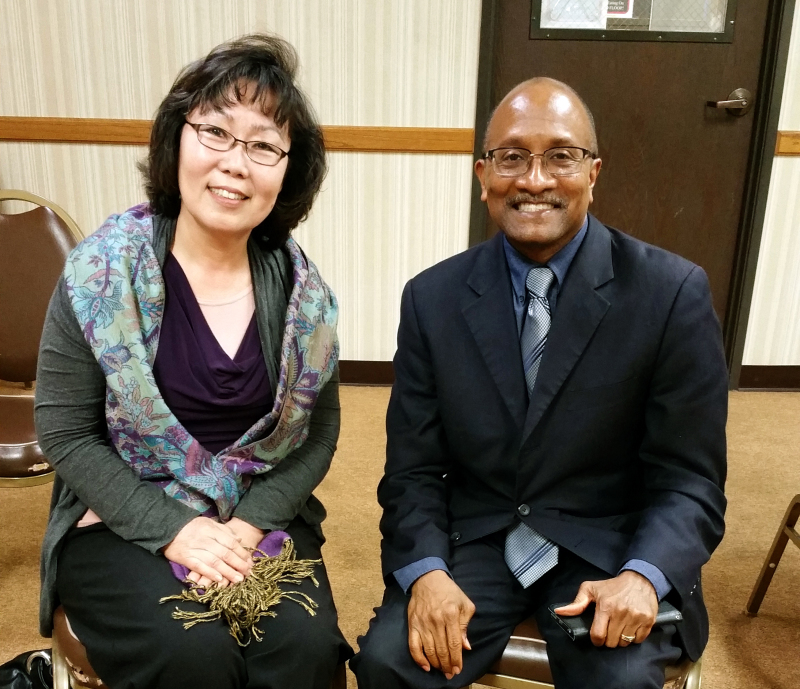
A recent survey of the religious landscape of the U.S. by Pew Research Center showed a decrease in the number of those who identify themselves as Christians (a decrease of 7.8 percent), while those who do not affiliate themselves with any religion -- religious "nones" -- saw an increase of 6.7 percent.
In response, a group of Christian leaders of diverse backgrounds -- ethnically, denominationally, etc. -- will be coming together in February at the Institute for the Study of Asian American Christianity (ISAAC)'s 7th Symposium to discuss what factors may be coming into play in this day and age that results in such a phenomenon.
The symposium, called, "Christianity Next: Dones and Nones?' will feature an opening address by Richard J. Mouw, the president emeritus of Fuller Theological Seminary, and a panel discussion with various speakers including Kay Higuera Smith, a New Testament scholar of Azusa Pacific University; Steve Choi, the lead pastor of Crossway Community Church; and Edwin David Aponte, the executive director of Louisville Institute; among others.
"The Pew study hands us a missiological question," said Dr. Young Lee Hertig, the executive director of ISAAC. "How do we translate the gospel to the millennial generation, who face very different circumstances demographically, culturally, and economically?"

Dr. Young Lee Hertig (left), the executive director of the Institute for the Study of Asian American Christianity (ISAAC), and Elder Oscar Owens of West Angeles Church of God in Christ, are serving as the co-chairs of ISAAC's 7th Symposium.
"In my generation, the church spoke to our need, and against the lies of racism," said Elder Oscar Owens of West Angeles Church of God in Christ. Owens is also the co-chair for the upcoming symposium. "'You're a child of God, God has a purpose for you.' These are the things that they spoke to us through the gospel. So for this generation, how do we get in touch with the liberating forces in the gospel that is for everybody?"
"What internal structural barriers impede churches from adapting to shifting religious demographics? What cultural and sociological forces do Christian churches generally remain oblivious to? What are the barriers blocking intergenerational, racial, sexual, denominational dialogue?" These are among some of the other questions organizers hope to address during the symposium.
According to Hertig, a lack of a space to dialogue about such issues may be one of the reasons that some may be compelled to leave the church or shy away from it.
"Genuine dialogue is saying, "I'm willing to be impacted by this dialogue, and I'm wiling to put myself in your shoes,'" Hertig explained. "This is what millennials are craving for."
"At this symposium, we want millennials, pastors, ministry leaders, anyone who is interested, to come. We want to hear from them and dialogue together," said Hertig. "We want to create an intersectional space, a dialogue across generations, races, and genders."
The symposium will be taking place on February 27 from 9 AM to 4 PM at Young Nak Celebration Church's Jefferson Campus. For more information, visit www.eventbee.com/v/isaacweb/event?eid=119932851.


















